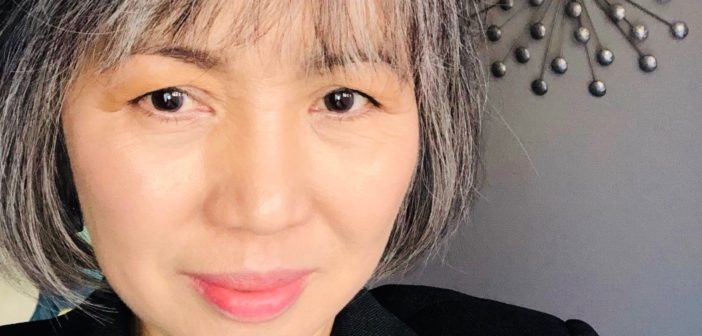 Melinda Drake has spent a lifetime helping people in need. As a social worker she wrote her first grant to help foster children. As a treatment professional, she advocated for fully integrated care for people with substance use disorder and mental health issues. Now, Drake will bring her expertise to MFI Recovery, which has 10 facilities in Riverside and San Bernardino Counties in California.
Melinda Drake has spent a lifetime helping people in need. As a social worker she wrote her first grant to help foster children. As a treatment professional, she advocated for fully integrated care for people with substance use disorder and mental health issues. Now, Drake will bring her expertise to MFI Recovery, which has 10 facilities in Riverside and San Bernardino Counties in California.
She looks forward to helping MFI’s well-respected programs become even better, she said.
“Seeing change in people, and knowing that sometimes it only takes one person to create the hope that sparks the want to change and the courage for people to survive the trauma or predicaments that they have experienced in life, is more than enough to get me thinking about how we can make our services better every day,” Drake said.
Drake replaces Craig Lambdin, who was the executive director at MFI for more than 27 years. She will continue MFI’s Matrix Model of science-based therapies, 12-step philosophy and spiritual rehabilitation for treating substance use disorder.
Drake brings a passion for helping people, but also great business sense to the treatment center. She has a Master’s degree in social work, as well as a doctorate in business administration.
“I have been fortunate enough as a licensed clinical social worker to have been in every facet of behavioral health, but I also have the experience and graduate level education for information systems and business; hence I am well able to balance clinical issues with the business and administration issues of a behavioral health organization,” she said.
During her time working in treatment centers, Drake has learned that the providers are really what makes a treatment center great.
“The staff create the relationships that allow for healing to occur,” she explained.
Healing The Whole Person
At MFI, Drake plans to focus on providing fully integrated care to address client’s substance use disorder as well as their physical and mental health needs.
“We want to ensure that when a client comes to our program, that there is no wrong door to treatment, and we are able to treat the whole person, not just the addiction or the mental health issue,” she said.
Many of the people that MFI treats have complex, co-occurring disorders and ailments. People seeking treatment for substance use disorder often have a history of trauma. In addition, many are self-medicating with drugs and alcohol because of untreated mental illness. Oftentimes, substance abuse and mental illness can contribute to chronic physical ailments, including liver disease and diabetes. In order to help a person get healthy in one area of their life, all of these challenges need to be addressed, Drake said. That means that providers need to take time to really understand their client, not just the problem that brought them to treatment.
“Integrating services to see the person and not the disease would allow the client to learn to self-manage and thereby lessen relapses and strengthen recovery,” she explained. “These issues are always there with the client, and dealing with one of them is just not enough to help the client maintain recovery.”
At MFI, providers will work with clients to understand how health issues can overlap, making life more complicated and complex.
“Addressing these problems at the same time allows for the client to see how the issues in his or her life affects everything that he or she does,” Drake said.
Through therapy and other work, clients are able to recognize how their whole self is affected by addiction, mental illness and physical ailments. That can help them to understand why it’s important to maintain their health—in every area—in order to stay sober.
“The more the client understands the interchange of these issues, the more he or she is able to see himself or herself as a whole person,” Drake said.
MFI provides affordable substance abuse and addiction treatment based on scientific methods and the 12 steps. They have a network of inpatient, outpatient, intensive outpatient and detox facilities throughout the state of California. Connect on Twitter, Facebook or LinkedIn
Sponsored DISCLAIMER: This is a paid advertisement for California Behavioral Health, LLC, a CA licensed substance abuse treatment provider and not a service provided by The Fix. Calls to this number are answered by CBH, free and without obligation to the consumer. No one who answers the call receives a fee based upon the consumer’s choice to enter treatment. For additional info on other treatment providers and options visit www.samhsa.gov.




